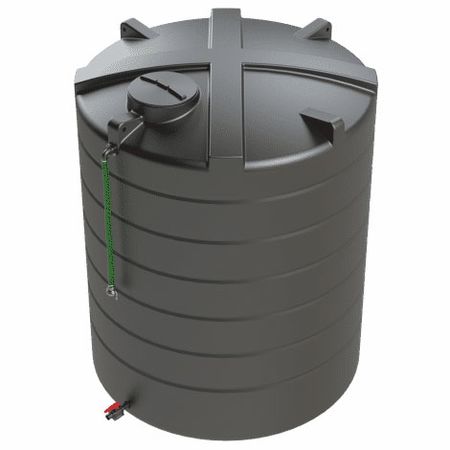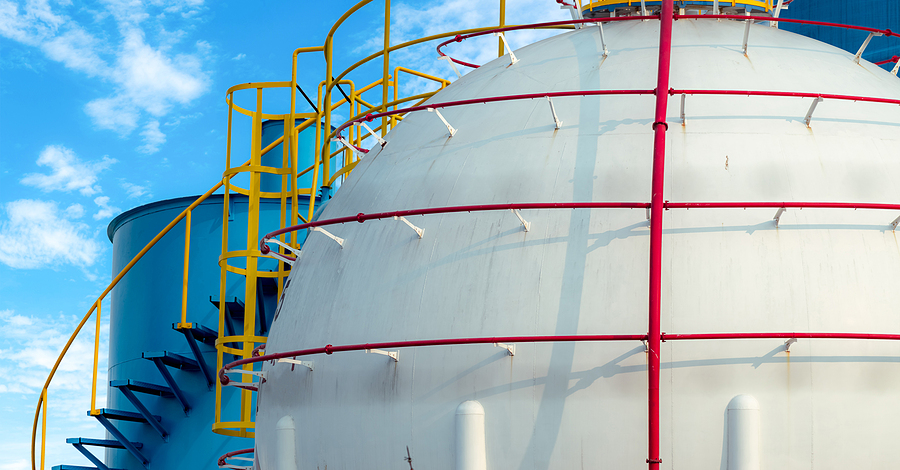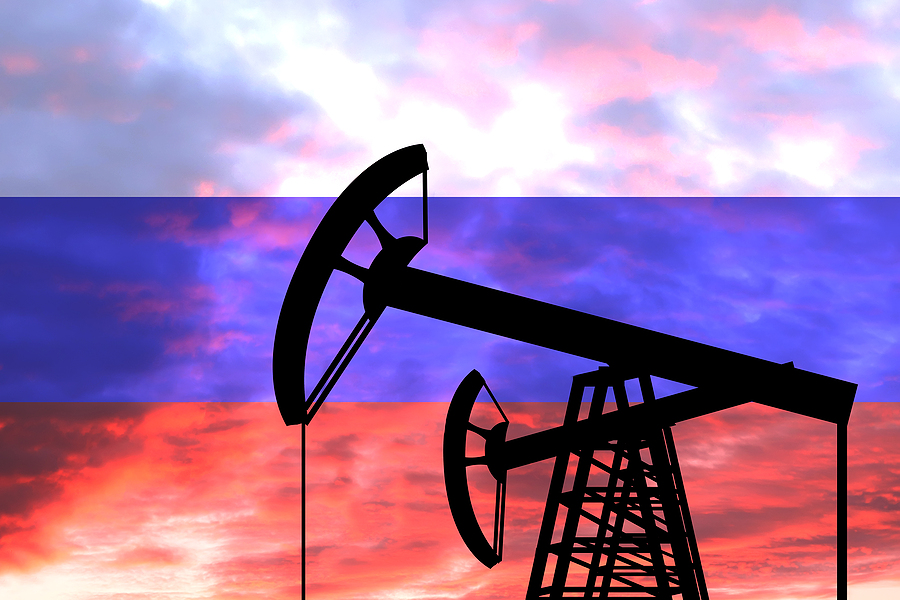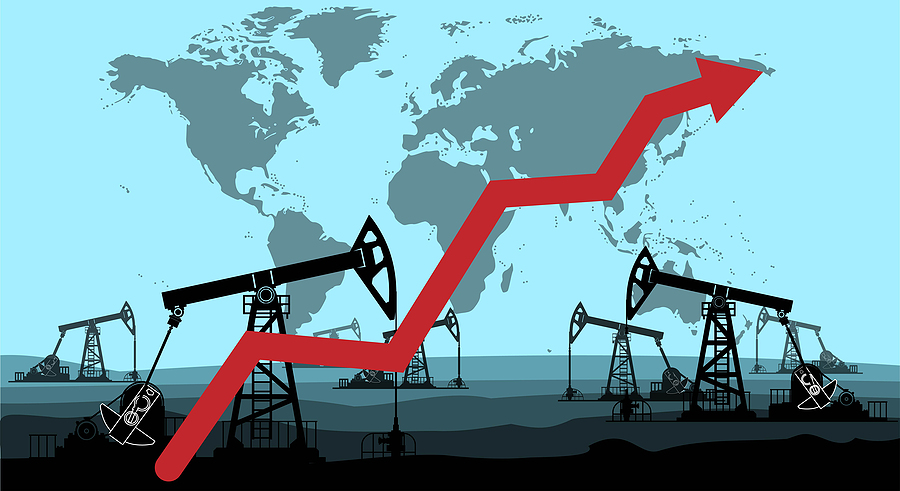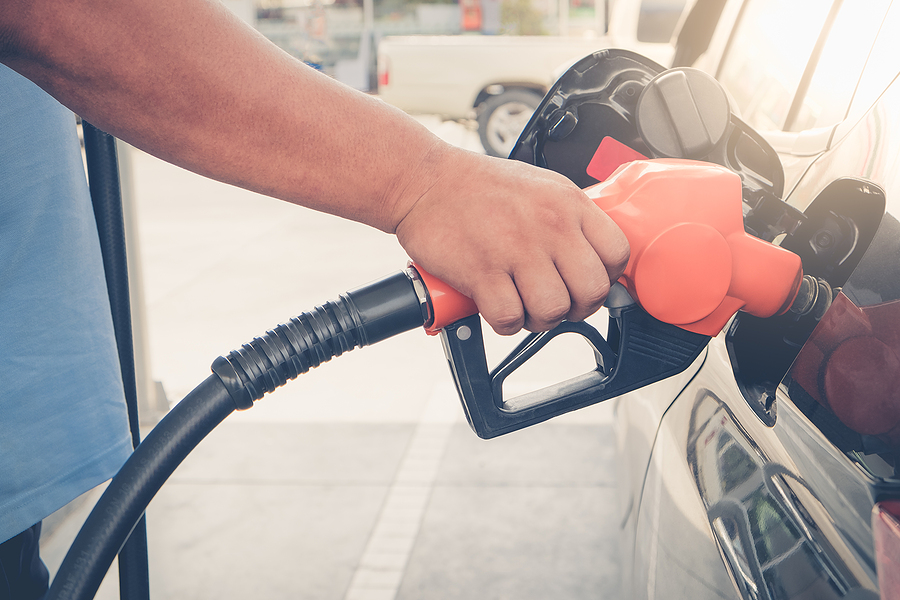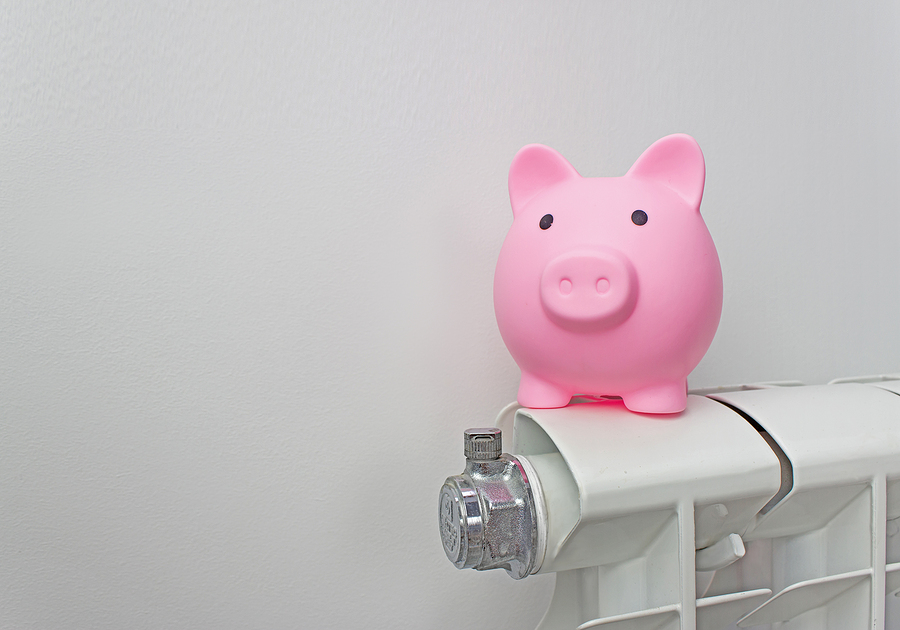Oil Price In Slump Amid Rates Rise Expectations
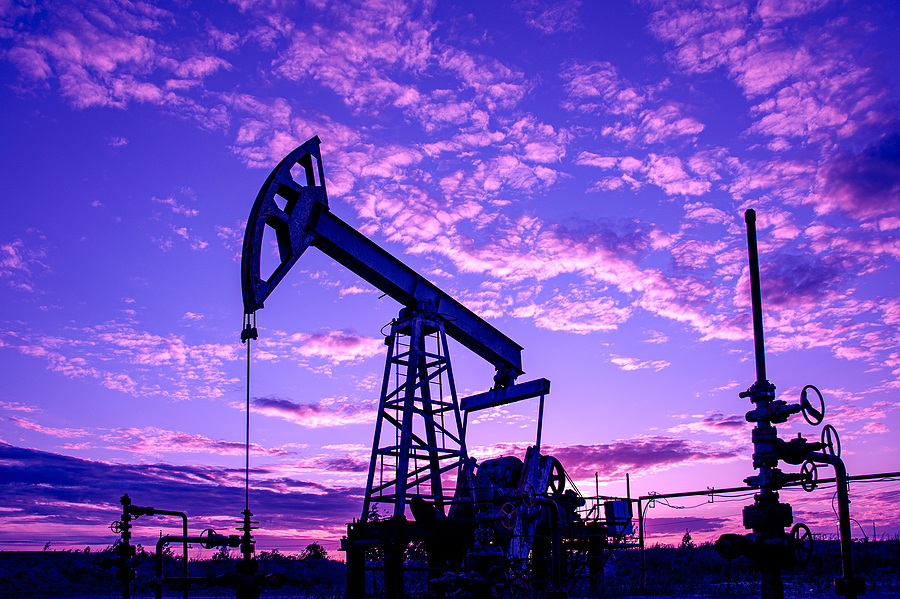
The price of oil on the world market has plunged this week, falling back from the highest rates of the year.
Central to the drop was the expectation of
a
risein interest rates in the US, which pushed up the value of the dollar. As
well as directly affecting the currency value, this may also have knock-on
effects for the US economy, bearing down on the recovery and thus potentially holding
back growing demand for oil.
Westpac senior economist Justin Smirk told Business Today
this would counterbalance the upward pressure on demand for oil from increased
vehicle movements as economies like the US open up again.
Indeed, the drop should be taken in context as the price of
oil has been at its highest all year over recent days, which may incorporate an
element of market correction as well as conflicting economic indicators , as
western nations with highly-vaccinated populations ease out of the pandemic.
Using oil tank installations, UK users can of course iron out fluctuations in
global prices by storing large amounts that will take months to use, ensuring
they don’t always need to top up at a time when prices may be higher than
usual.
An analysisby Forbes of commodities prices - including oil - has revealed how
uncertain the picture is.
It noted that while the general expectation
is an upbeat one of increased global growth and recovery, there are a number of
potential tailwinds to contend with.
Among these are concerns about a resurgence
of Covid-19 in parts of the world, including Asia, Africa and some parts of
Europe. “Covid-19
still casts a shadow over the pace of global economic recovery,” Forbes noted.
Another is whether OPEC can manage to balance its efforts
to ensure the growth in production is only gradual and does not flood the
market.
The analysis concluded with a prediction that the next year will see a “moderate” drop in prices to around $66 (£48) a barrel of Brent Crude.



